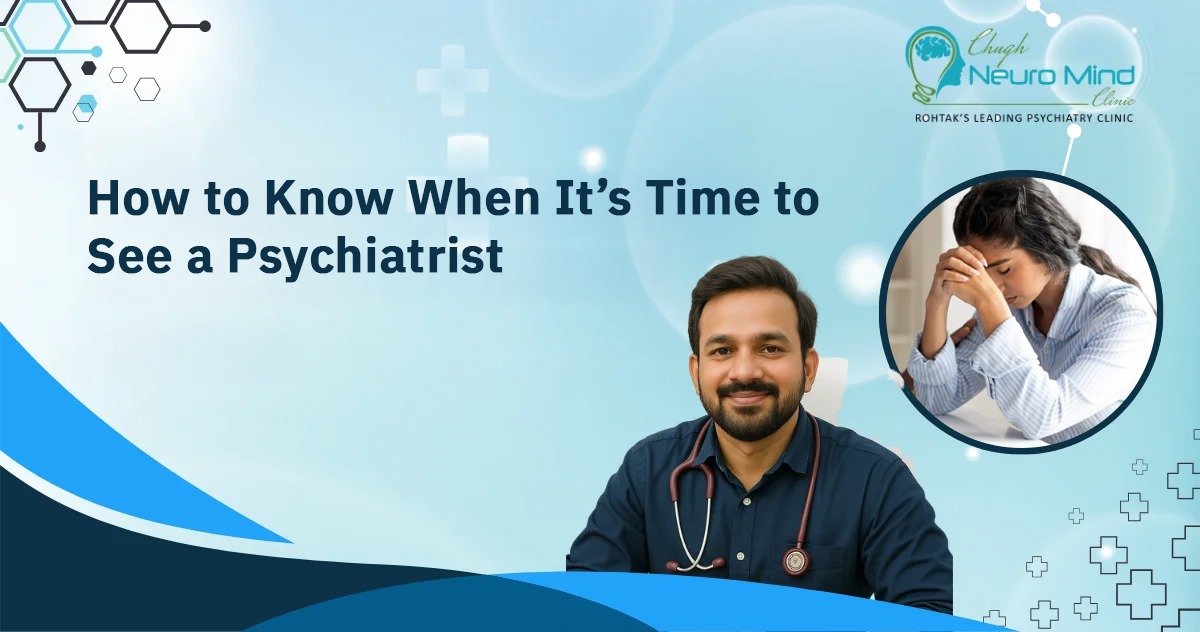
Mental health is as important as physical health. Sometimes we feel stressed, sad, or nervous, and that’s normal. But when these feelings come back and influence our everyday life, it could be a sign that we need professional help.
Knowledge of the signs that you need help with mental health can make a huge difference in your life. A psychiatrist can lead you, provide treatment, and help you feel better. This article explains when it is time to see a psychiatrist, what to expect, and how to seek help to improve your life.
What does a psychiatrist do?
A psychiatrist is a doctor who specializes in mental health. They can help with problems such as anxiety, depression, stress, sleep problems, and more.

Unlike therapists or advisors, psychiatrists can prescribe medicines if necessary. They also provide leadership, therapy, and support to help you feel better.
Common features you need help with in the field of mental health
Sometimes it is difficult to find out if you feel normal stress or something more serious. Here are some signs that mean that there could be time to see a psychiatrist:
1. Feeling Sad or Anxious All the Time
Everyone sometimes feels sad or afraid. However, if these feelings last for weeks or months or prevent you from enjoying life, it is a sign that you need help.
Brands include:
- Feel hopeless or empty.
- Constant worries or fear
- Loss of interest in hobbies or things that usually occupy you
2. Sudden mood swings
If your mood changes quickly and you often feel irritated or angry, it may be a warning sign.
You may notice:
- I feel very happy for a moment, and the next very sad.
- The upset of little things
- Feel emotionally unstable
3. Trouble Handling Daily Life
If simple things like work, housework, or socialization feel too hard, you may need help.
Symptoms include:
- I feel tired all the time.
- Difficulty in focus or decision-making
- Avoid friends or family.

4. Changes in sleep or eating habits
Mental health problems can affect sleep and appetite.
Beware of:
- Sleep too or too little.
- Does not feel hungry or overeat
- Nightmares or restless sleep
5. Avoiding people
Withdrawal from friends, family, or social activities can be a sign of needing help. Isolation can worsen mental health problems.
6. Using alcohol, drugs, or risky behavior
The use of substances or risky behavior to deal with stress, sadness, or anxiety is a serious sign that you should see a psychiatrist.
7. Thoughts of self-harm or suicide
If you have ever thought about getting hurt or ending your life, seek help immediately. This is very serious, and seeing a psychiatrist can save your life.
Other signs that need to be followed
- Feeling disconnected from reality
- Panic attacks or intense fear
- Constant repetition of certain thoughts or actions
- Feeling of excessive guilt or shame
Recognizing these characters soon can help you get the support you need faster.
Why Seeing a Psychiatrist Early Helps
Some people are waiting too long to get help. Early intervention can prevent the deterioration of problems. The benefits include:
- Accurate diagnosis – know what really causes your symptoms.
- Effective treatment – therapy, medicines, or both can help you feel better faster.
- Prevention of complications – timely assistance reduces the chance of abuse of addictive substances or more serious problems.
- Better quality of life – improved mood, focus, and relationships.
What happens during your first visit
Your first visit could feel scary, but it’s simple. Here is what usually happens:
- History of Medical and Mental Health – Your psychiatrist asks for your health and family history.
- Talk about symptoms – be honest about how you feel and what you are experiencing.
- Rating – they can use questionnaires or interviews to understand your status.
- Treatment plan – may include therapy, medicines, or both.
- Follow-Up -Tracking and preparing visits help monitor your progress.
How to prepare for your visit
- Write down the symptoms and how long you had them.
- Note all the medicines or supplements you are taking.
- Give questions or concerns about treatment.
- Be honest and open – your psychiatrist is here to help you.
Overcoming the stigma
Many people avoid getting help because they feel ashamed. Remember:
- The request for help is bold, not weak.
- Mental health is as important as physical health.
- Early help often leads to faster recovery.
How family and friends can support you
The loved ones may notice changes before you do. If it seems that someone you care about is out, encourage them to look for help. Your support may make a big difference.
When to look for urgent help
If you experience, go to the standby room or call the hotline:
- Thoughts of suicide or self-harm
- Hallucinations or seeing things that are not real
- Extreme agitation or aggressive behavior
- Heavy depression that prevents you from functioning
Conclusion
Recognition of the characters you need help with in mental health is the first step to a better feeling. Mental health problems are common and treatable. A psychiatrist can provide the support, treatment, and guidance you need to regain control over your life.
Do not wait for the symptoms to deteriorate. Searching for help in time can improve your mood, relationships, and overall quality of life.
Frequently Asked Questions:
1. How do I find out if my symptoms are serious enough to see a psychiatrist?
If your feelings affect your daily life, work, or relationships and last for weeks, it is time to seek help.
2. Can I see a psychiatrist without recommendations?
Yes, you can book directly in most places. Some insurance plans may need recommendations.
3. What is the difference between a psychiatrist and a therapist?
Psychiatrists can prescribe drugs and provide therapy. Therapists mainly offer call therapy and cannot prescribe medicines.
4. How long does it take to feel better?
They are changing. Some people will notice an improvement in a few weeks, while others may take months.
5. Is it normal to feel nervous before the first visit?
Yes, it’s normal. Preparing your notes and questions may feel more comfortable.

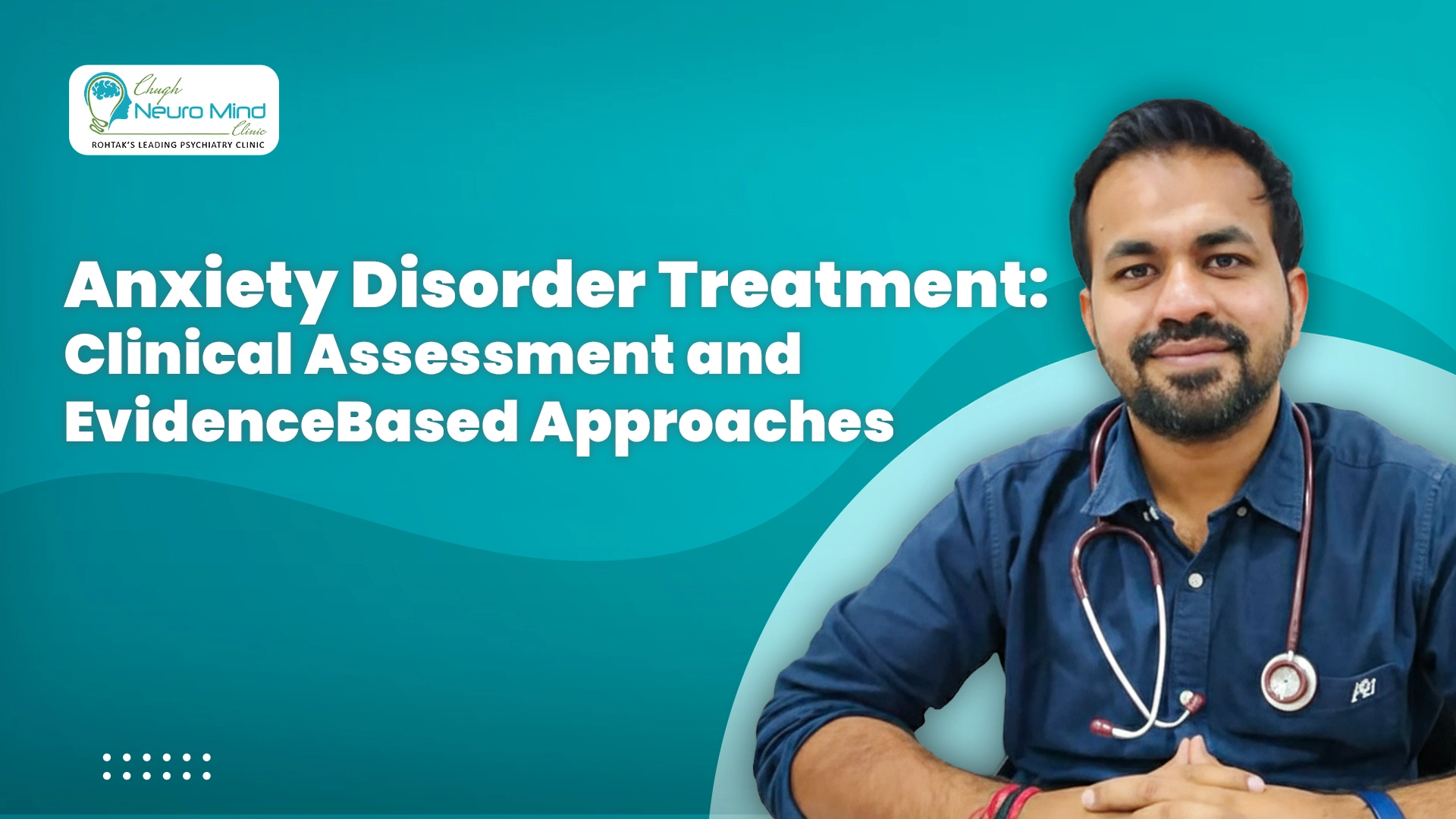
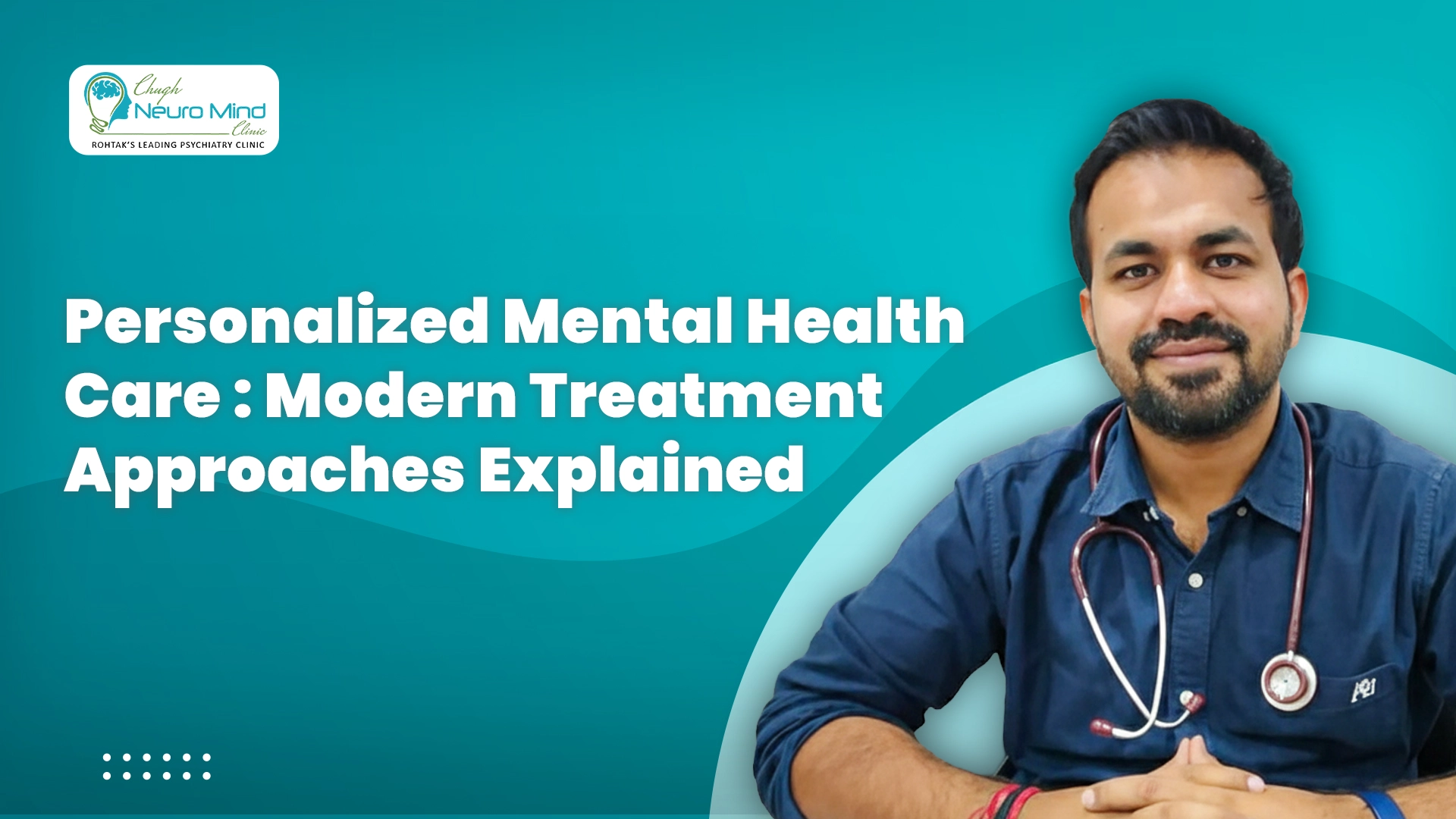
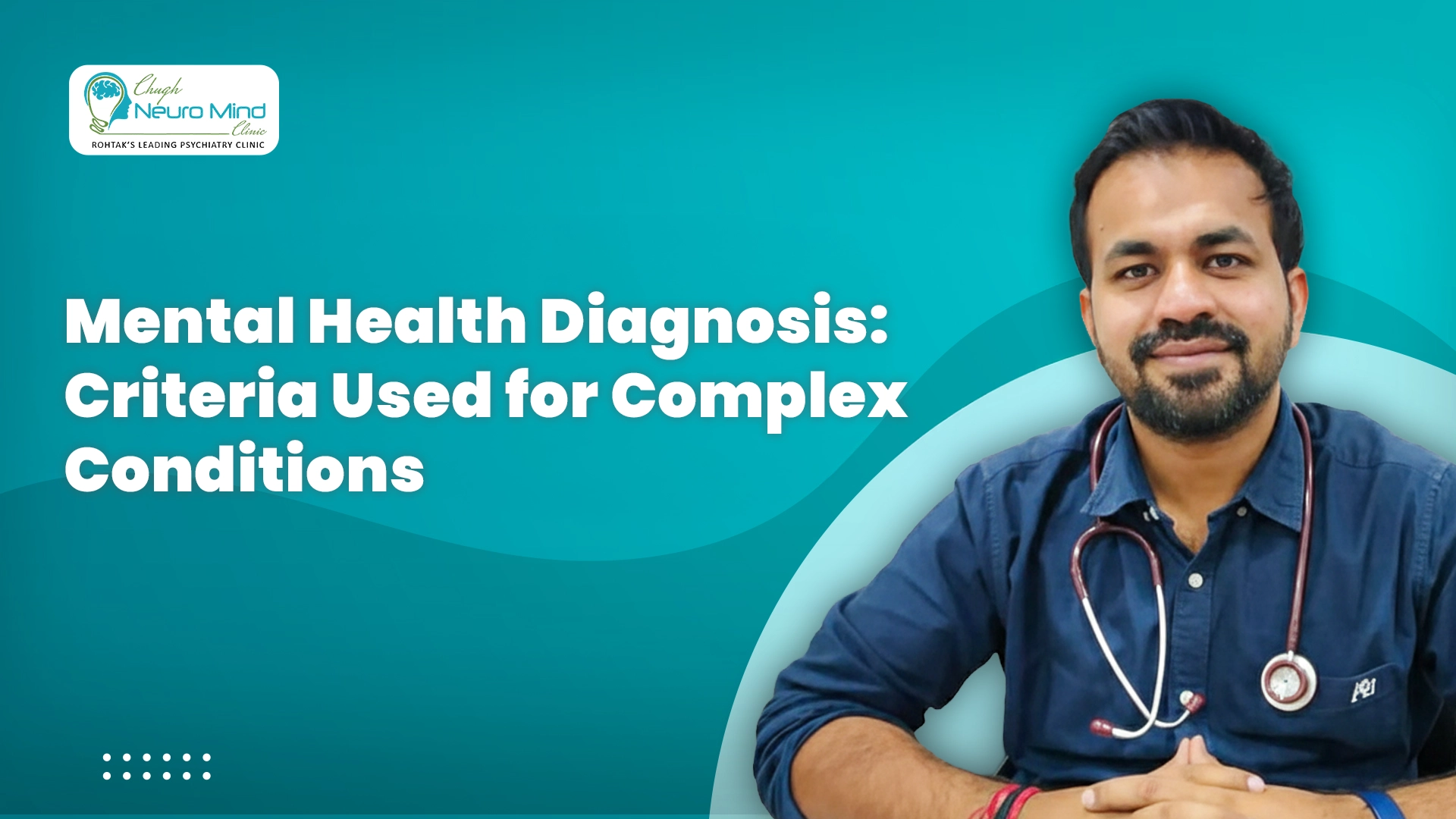
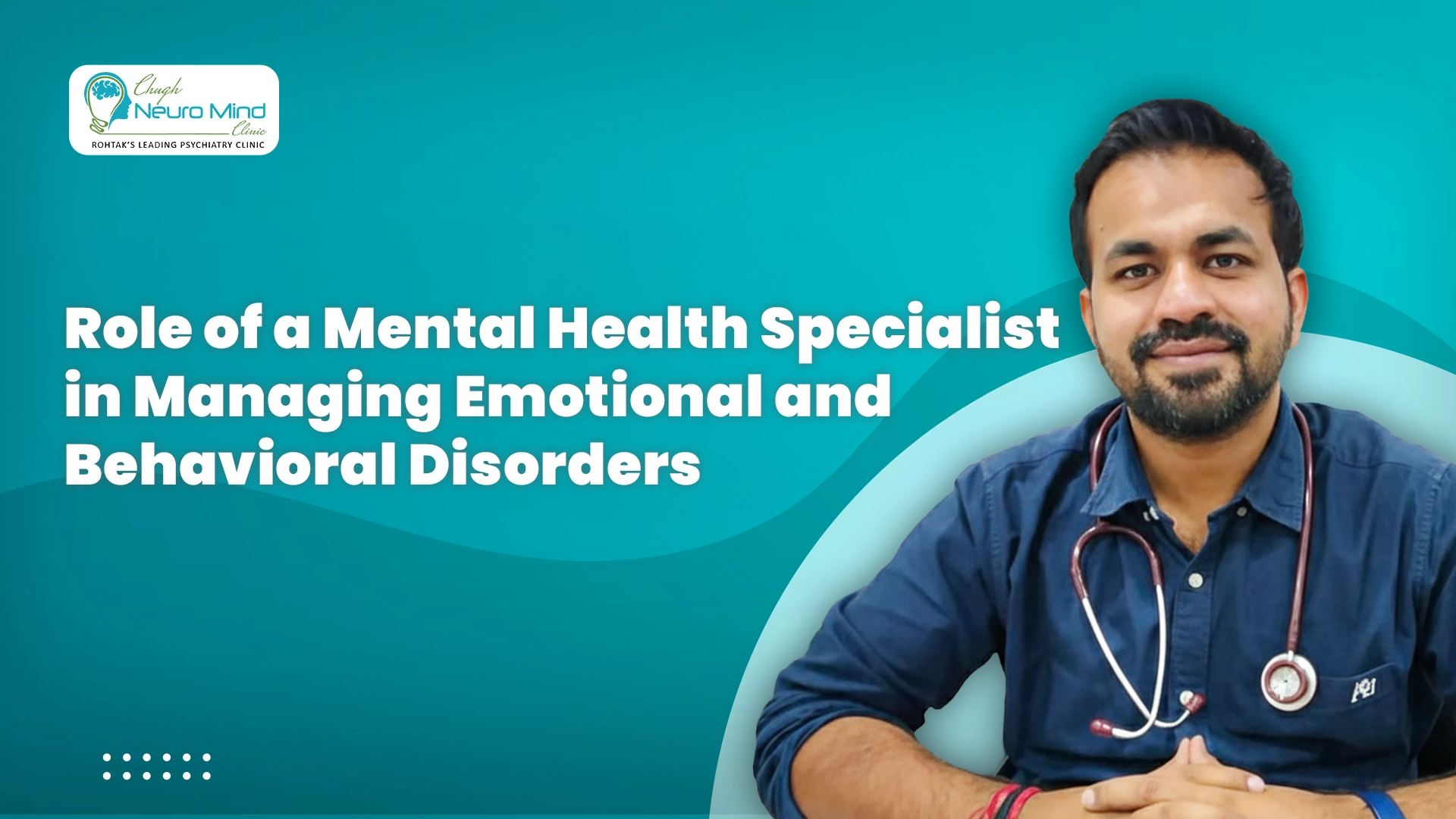
Comments (2)
From Stress to Strength: Insights from the Best Sexologist in Rohtak
[…] Many years of experience in the field of sexual wellness […]
Confidential Sexual Disorder Treatment in Rohtak for Men & Women
[…] Psychological […]